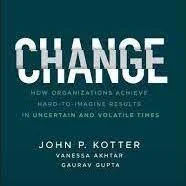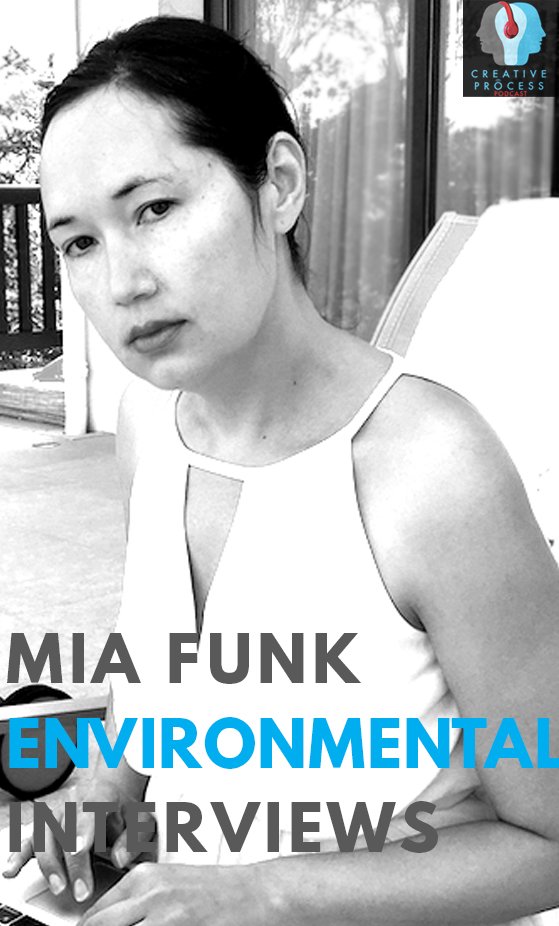DR. G. SAMANTHA ROSENTHAL
/Author of Living Queer History · Assoc. Professor of History, Roanoke College
Co-founder of the Southwest Virginia LGBTQ+ History Project
One of the things I really tried to get across in Living Queer History, and particularly in my chapter called “The Whiteness of Queerness” is to first make clear that LGBTQ histories have long been informed by white supremacy. It's kind of the unspoken thing that people don't want to talk about. It’s true all over the country. And so what I’ve started to think about is that often LGBTQ spaces are just unthinkingly white because there's a racial blindness, a racial myopia where folks are not thinking about the fact of how racial dominance is playing into that space. Or how racial dominance is playing into the way we tell stories about LGBTQ belonging.





















